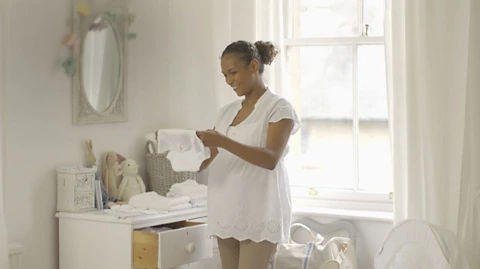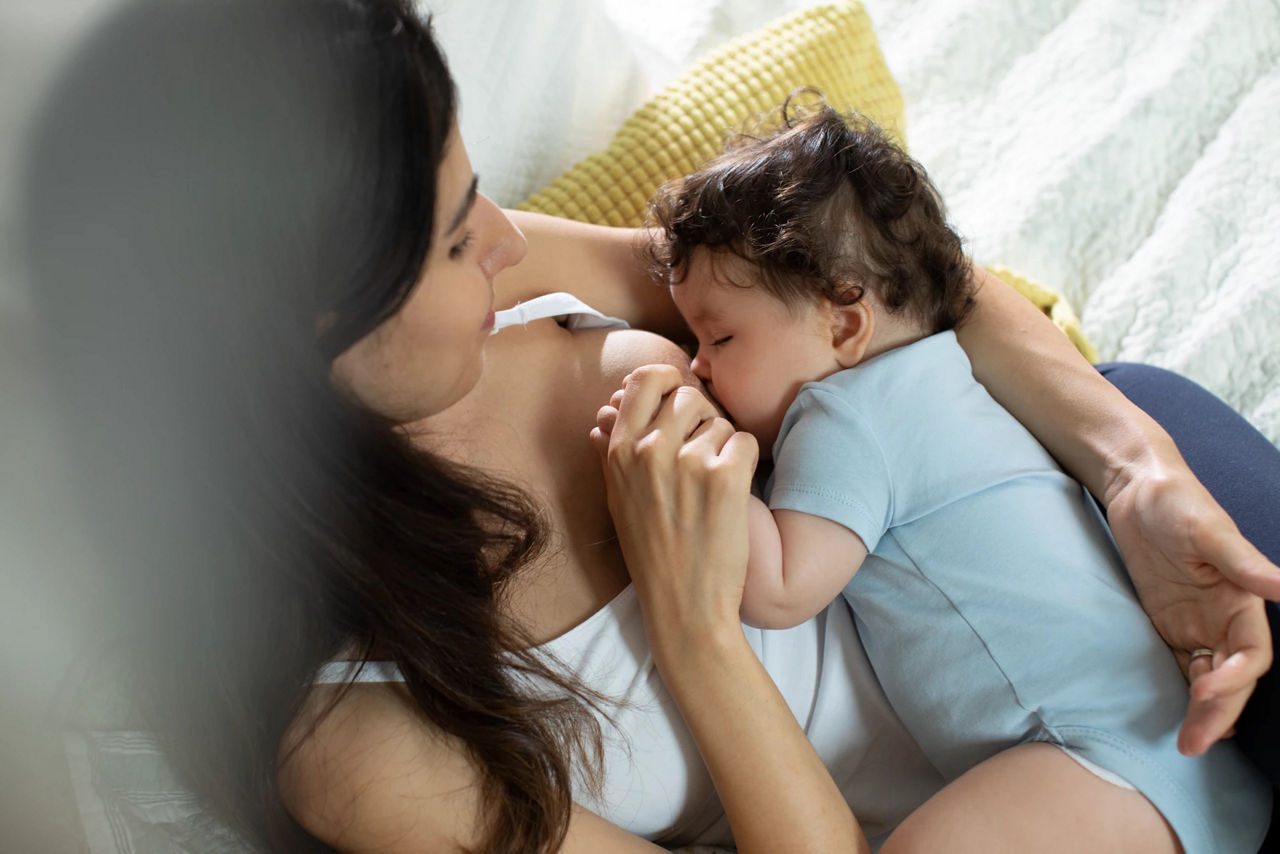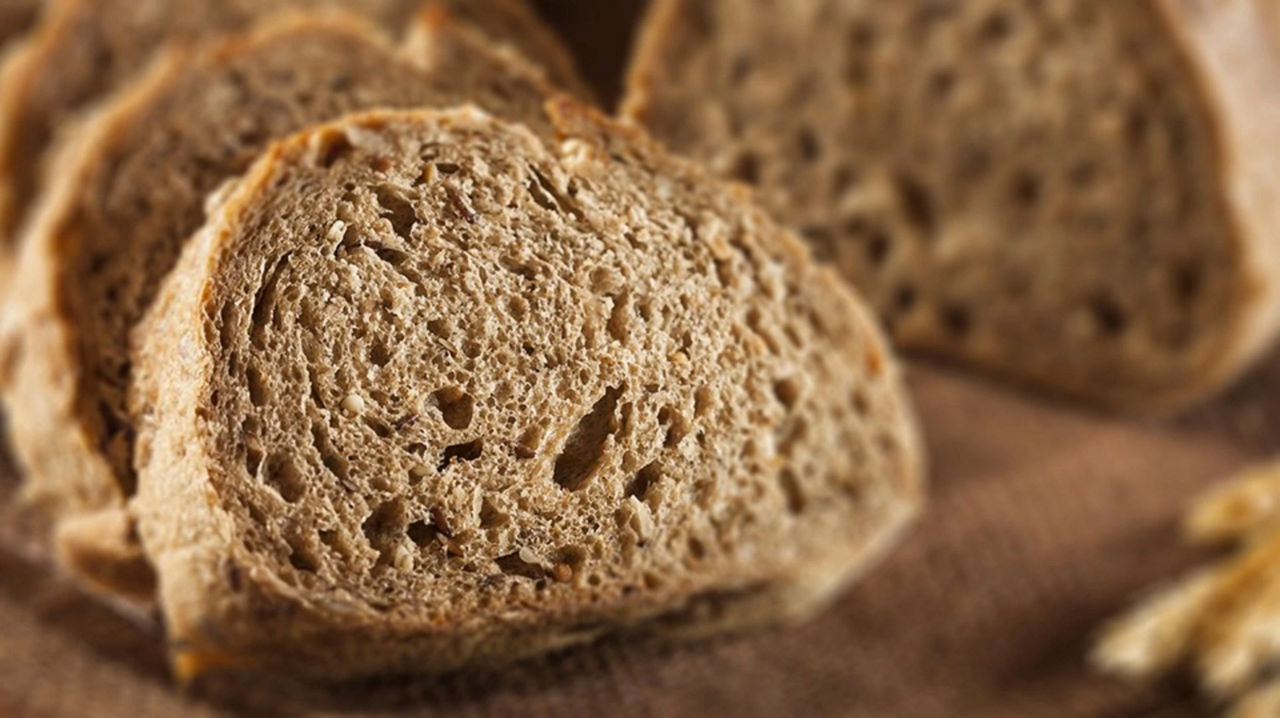While you may be keen to learn your baby’s gender, your sonographer will have other priorities. Find out about the purpose of your 20 week scan, and which conditions can be detected.
20 week scan: Your gender scan guide
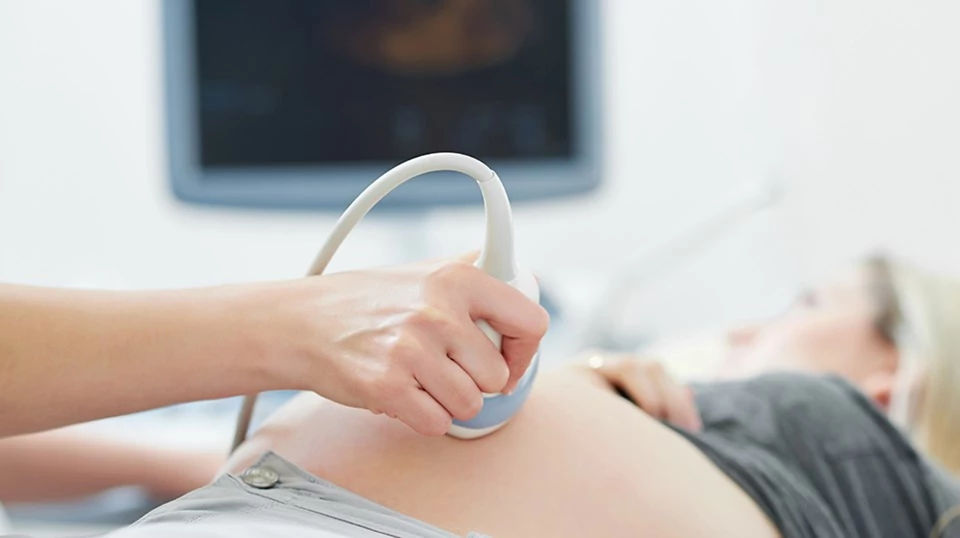
Your 20 week screening scan
At around 20 weeks pregnant you’ll be booked in for a 20 week screening scan, also referred to as a gender scan or anomaly scan.
This scan may take place at any time between weeks 18 and 21 of your pregnancy1 and its primary purpose is to carry out a detailed examination of your growing baby to identify any concerns (‘anomalies’) with their physical development.
Whilst the primary focus of the 20 week scan is to detect any condition, it may also be possible for the sonographer to identify your baby’s gender. If you’re keen to know the sex of your baby, try to remain patient and wait for the sonographer to carry out an accurate assessment of your baby’s development, which is their main priority. If you’d prefer your baby’s gender to remain a secret, let your sonographer know before they begin.
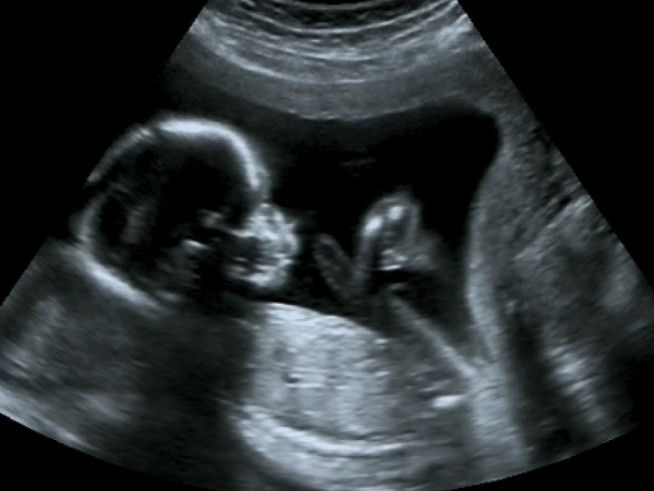 As your baby has grown considerably, you will be able to see distinguishable features such as hands and toes and the shape of their face with much greater clarity.
As your baby has grown considerably, you will be able to see distinguishable features such as hands and toes and the shape of their face with much greater clarity.
The scan procedure at week 20 is much carried out pretty much the same as your 12 week scan. As your baby has grown considerably since then, you will be able to see distinguishable features such as hands and toes and the shape of their face with much greater clarity. Seeing your baby so clearly can be magical.
Getting a closer look
To check for anomalies during your 20 week scan the sonographer will take a closer look at your baby’s bones, heart, brain, spinal cord, face, abdomen1 and overall body shape and position. In particular, they will look for 11 rare conditions that can some be treated during pregnancy or after birth.
These 11 conditions are listed below and further detailed information can be obtained through the NHS1:
- anencephaly
- open spina bifida
- cleft lip
- diaphragmatic hernia
- gastrochisis
- exomphalos
- serious cardiac abnormalities
- bilateral renal agenesis
- Lethal skeletal dysplasia
- Edwards' syndrome, or T18
- Patau's syndrome, or T13
Most scans show that the baby seems to be developing as expected1, but if your scan does indicate a potential problem, you may be asked to attend further scans and tests. In some very rare but serious cases it might be that there is no treatment available and there is a risk of death to your baby during pregnancy or soon after birth1,2.
If you have questions about your scan or your scan results, speak to your midwife or healthcare professional.
Related articles

Need some help?
You can get quick answers to common questions in our FAQs.
Alternatively, if you need help with general pregnancy or baby advice, or maybe on using or ordering our products - our expert team are always on hand to talk about feeding your baby.
- NHS. 20-weeks screening scan [Online] 2021. Available at https://www.nhs.uk/pregnancy/your-pregnancy-care/20-week-scan/ [Accessed July 2021]
- NHS. Lethal skeletal. [Online] 2012. Available at https://assets.publishing.service.gov.uk/government/uploads/system/uploads/attachment_data/file/674613/Lethal_skeletal_dysplasias_-_Parents_-_FASP76.pdf [Accessed July 2021]
Last reviewed: 28th July 2021
Reviewed by Oriana Hernandez Carrion


